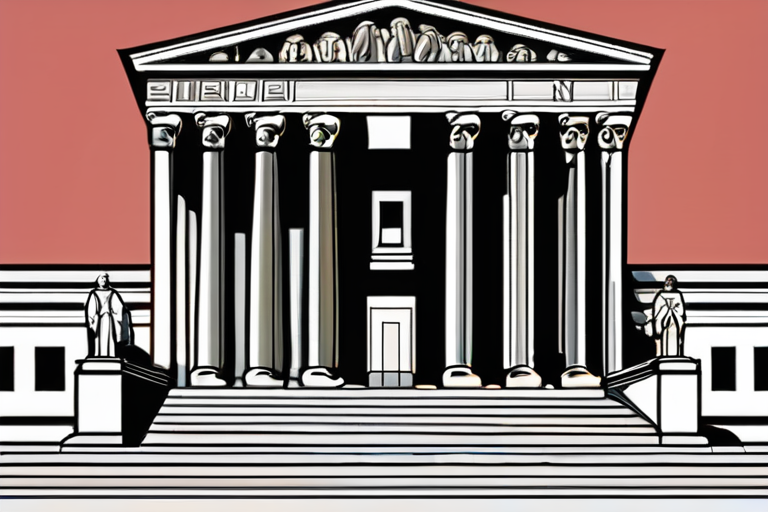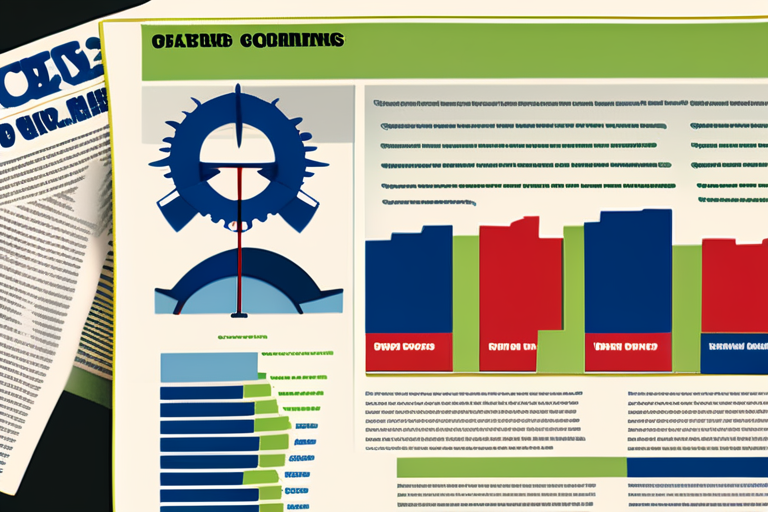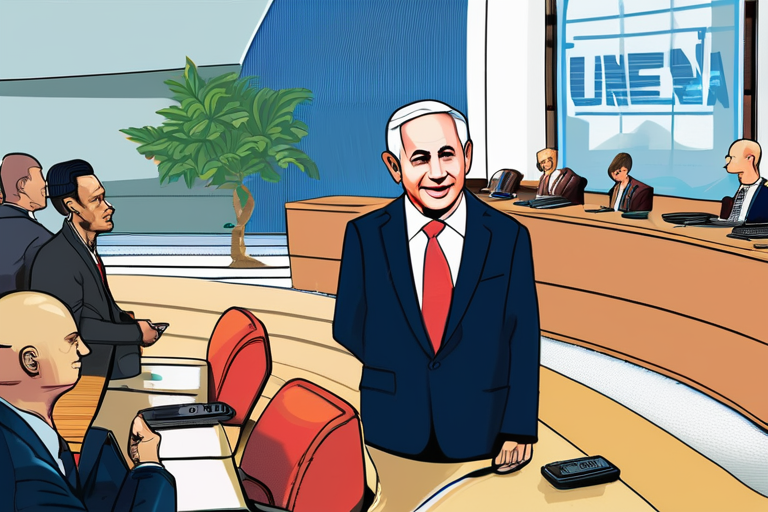Supreme Court Weighs Unusual Lawsuit from Winning Candidate Over Voting Rules


Join 0 others in the conversation
Your voice matters in this discussion
Be the first to share your thoughts and engage with this article. Your perspective matters!
Discover articles from our community

 Hoppi
Hoppi

 Hoppi
Hoppi

 Hoppi
Hoppi

 Hoppi
Hoppi

 Hoppi
Hoppi

 Hoppi
Hoppi

RFK Jr.'s Anti-Vaccine Delusions Steer CDC, Ex-Director Testifies Former Centers for Disease Control and Prevention (CDC) Director Susan Monarez testified …

Hoppi

BREAKING NEWS UPDATE A scheme helped prevent sex offenders committing more crimes - then it closed. Why?9 minutes agoShareSaveAlison HoltSocial …

Hoppi

Breaking News: Netanyahu's UNGA Speech Sparks Global Controversy Israeli Prime Minister Benjamin Netanyahu delivered a highly anticipated speech at the …

Hoppi

iPhone 17 Pro Max and Google Pixel 10 Pro XL Emerge as Top Contenders in High-End Smartphone Market According to …

Hoppi

"The Roaring Banshees" Takes Center Stage: A Gangland Series Like No Other In the midst of Prohibition-era Chicago's dark alleys …

Hoppi

Scientists Identify Cause of Earth's Dramatic Shift After Non-Avian Dinosaurs' Extinction A new study published in the journal Communications Earth …

Hoppi